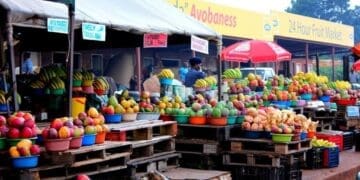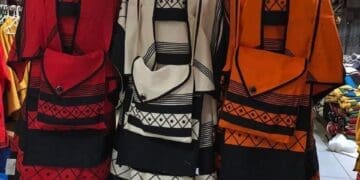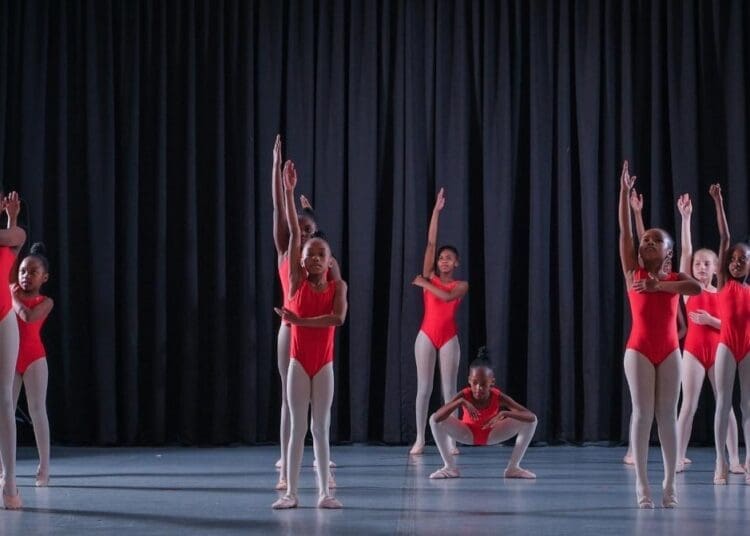In a quiet corner of Tembisa, where one might expect to find a tuckshop or a tavern, a 20-year-old woman has built a ballet studio from bricks, passion and an unwavering belief in township children.
Mballet Studios, founded by Mbalenhle Mkhatshwa, who is a trained ballerina from Winnie Mandela in the township, is not just a place for pliés and pirouettes. It is a defiant act of creative entrepreneurship, social equity and grassroots resilience.
“I sold my first car to be able to fund and build the studio,” Mkhatshwa told Vutivi News.
“At the time, I had no real vision. I just knew I had to create something for the kids.”
Her journey began at the age of five when she was bussed between Tembisa and Sandton for 30-minute ballet classes — an exhausting routine that eventually forced her to stop. But she never stopped dancing.
By age 11, she was teaching informal classes to children after school. In high school, she launched her first ballet programme—until her idea was stolen by a private studio and monetised without her.
The betrayal might have broken someone else, but it fuelled her.
“It was never about me just dancing. It was always about the other children in the community,” Mkhatshwa said.
With her family’s support, she transformed her mother’s backyard room into a ballet space.
Today, the studio operates on Fridays and Sundays, teaching over 40 children from ages 2 to 16.
Monthly fees range from R250 to R360 depending on age and session length, but no child is turned away if they cannot pay.
Mkhatshwa funds tuition for some children through her own savings, and the community has responded in kind, with some cleaning the street outside the studio before class and helping with operations.
The studio has a small team, Mkhatshwa, a teaching assistant, an admin coordinator, a transport facilitator and a cleaner.
“We don’t treat the paying and non-paying dancers differently. Everyone here is equal.”
Her vision is to make Mballet Studios a household name in South Africa’s overlooked townships.
“I want to walk into any township and hear that the kids are dancing—is it Mballet?’ I want the name to stand for possibility.”
She is already thinking beyond ballet.
In September, the studio may be collaborating with photographers to host a modelling shoot to help dancers build portfolios to access free modelling agencies.
Mbalenhle is also exploring opportunities to support children in other creative disciplines.
“Dance takes time. It’s a long road. So I want to open other doors too.”
She still trains as a ballerina and studies psychology, majoring in labour relations at North-West University. The studio, meanwhile, is bursting at the seams.
It lacks proper flooring and there is no changing area. Plans to convert her grandmother’s kitchen into a changing room are underway, but resources are scarce.
“Some girls walk to class. I’ve had to ask them to arrive dressed—but in this day and age, it’s not safe to walk the streets in a leotard.”
Despite the challenges, Mbalenhle Mkhatshwa believes in the power of self-starting and community building.
“People think they need funding first. You don’t. Everything you need is already right in front of you. Use what you have and be good to people because help always finds its way.”
She dreams of seeing her dancers perform across Africa, and eventually the world. But most of all, she dreams of rewriting what it means to grow up in a township.
“Too many stories from the township are the same. I want ours to be different,” Mbali concluded.
























































